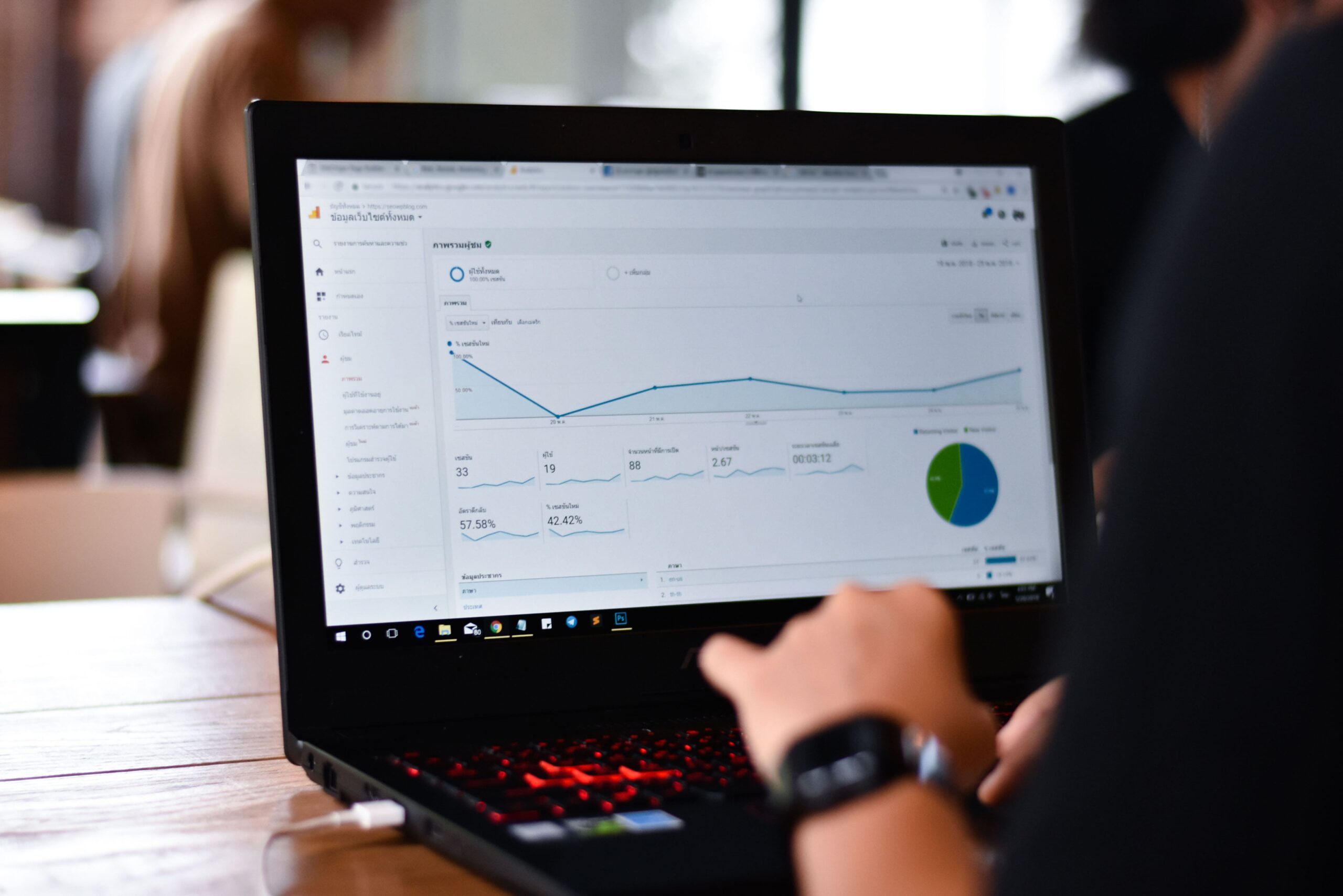Making your traffic and advertising campaigns profitable
is the priority of any website that wants to survive.
Ranking on the first page of Google on expressions related to the theme of your website or your e-commerce allows you to reach your core target. To achieve this, you need to work on its natural referencing (SEO).
Why is being positioned on the first page of Google essential? What are the criteria that can influence your positioning in the results of this search engine?
What are search engines for?
The first website was launched on 6 August 1991 by Tim Berners-Lee from the UK, but it is estimated that there are now over 1.90 billion websites. Each one is made up of several pages, images and videos, which potentially represents several hundred billion documents. It is difficult to find your way around when looking for specific information.
Now, exploring the web, indexing the various documents (web pages, images, videos, pdf, etc.) and developing an algorithm to provide increasingly relevant results is precisely the role of a search engine.
Search engines are useful for a number of reasons, including

The search for information

The competitive wath

The trends
Natural referencing: for greater visibility on Google
SEO (Search Engine Optimization) refers to all the optimizations aimed at improving the visibility of a website in Google results. To be effective and long-lasting, they must of course be done in strict compliance with the guidelines laid down by the search giant.
Why optimise your website for natural referencing?
In 2019, the French spend almost 5 hours a day on the Internet, whether to carry out procedures, glean information or make online purchases. In the space of just a few years, the web has become the best opportunity for VSEs, SMEs, ETIs and GEs to gain visibility, conquer new markets and attract new prospects.
One figure sums up the importance of good visibility for all entrepreneurs without exception: almost 9 out of 10 Internet users carry out a search before ordering a service or making a purchase, whether in a shop or online.
Although the web is essential for the development of your business, it only offers significant benefits if you appear on the first page, and on queries relating to your services or products. Indeed, nearly 90% of Internet users are satisfied with the results on the first page of Google. On this page, the first three Google suggestions monopolise the majority of clicks.
By trusting our digital agency SEO.fr, you benefit from a tailor-made and long-lasting visibility strategy, but also from the recognised know-how of our experts in natural referencing.
What are the main criteria in SEO?
Guidelines are rules dictated by Google. They set out the do’s and don’ts for optimising the visibility of a website in the results. The American search engine therefore expects your website to meet as many of the SEO criteria as possible.
While there are hundreds of them and they are regularly modified, some of them constitute the fundamentals of any good SEO strategy:
- The overall architecture of the site, and in particular the overall tree structure, the interlinking of pages, the level of depth of the pages, the technology used, the cleanliness and readability of the source code by the engines, the management of 404s, the loading time of the pages on mobile phones, the navigability, etc;
- Semantics, with basics such as the optimisation of Title and description metas, the absence of duplicated internal or external content, the quality and freshness of editorial content, the semantic tagging of pages and the optimisation content (images, videos, etc.);
- Netlinking: the quality of external links (backlinks) is the basis of the Google algorithm. The weight of this SEO criterion has been weighted by the search engine to avoid manipulation of its results and other black hat techniques. However, backlinks are still a significant visibility lever, provided that they are of good quality and respect the Google guidelines;
- User experience: the importance of user experience in any good SEO strategy is now well established. This is known as SXO (SEO + UX). This is an increasingly important criterion for Google, which is keen to refine the relevance of the results it offers. To judge this relevance, it relies on numerous indicators such as the bounce rate, the average visit duration or the number of pages viewed. By improving the navigability, presentation, loading time on mobile phones and the quality of information on the site, positive signals are sent to the search engine. The search engine logically prioritises the page or domain name with the best UX. This is a real opportunity for differentiation from the competition.
What are the differences between “on site” and “off site” optimization?
On-site” referencing corresponds to all the good practices and optimisations specific to the site itself. These internal factors concern in particular the structure of the site, its performance (loading speed, mobile compatibility, etc.), the quality of its content, the implementation of specific files (sitemap.xml, robots.txt) and the frequency of updates.
On the other hand, “off-site” referencing includes all the SEO factors external to the site (netlinking strategy, social networks, e-reputation). Less easy to master, these criteria nevertheless play a major role in the final score given by Google, and therefore in the positioning in the results.
Netlinking strategy, local SEO, content writing or e-reputation, these criteria must be part of a carefully designed SEO strategy to achieve the desired effect. Poorly designed strategies can even lead to Google penalties.
Major updates to the Google algorithm
In France, Google alone accounts for 91% of online searches. Bing, Yahoo, DuckDuckGo, Qwant, Yandex and Baidu follow. Consequently, without neglecting the traffic coming from its competitors, our SEO agency SEO.fr focuses primarily on Google natural referencing.
The latter regularly deploys major updates to its algorithm (Panda, Penguin, etc.) in order to offer ever more relevant results, while fighting against attempts to manipulate its SERPs (black hat, spam, etc.).
Google Panda
Google Panda is a filter that first appeared in 2011 and is now an integral part of the Google algorithm. Its aim is to penalise pages and sites with low added value. This particularly concerns duplicated or automatically generated content (content spinning).
Google Pingouin
Google Penguin focuses on practices external to the site. This filter analyses backlinks to determine their legitimacy. Low quality links (penalised sites, sites outside the theme, sites without content, etc.) or links created artificially no longer benefit the site, and can even penalise it if there are too many of them.
The Google Penguin penalty aims to degrade or exclude from search results sites that have transgressed the SEO guidelines of the search leader. This particularly concerns the acquisition of artificial links.
Google Venice
Google Venice prioritises the display of local results whenever relevant. For example, a query such as “bakery” will display the contacts of bakers located near the user first. This update is in line with a better user experience (UX).
Google Hummingbird
Google Hummingbird aims to better understand the searches made by Internet users. It targets more effectively naturally formulated queries (a question for example) and looks for the intention behind the search typed by the user.
Mobile First
In recent years, mobile devices have overtaken computers in terms of the number of devices used to search the web. However, Google has always indexed the desktop version of websites. To resolve this paradox, it announced a major change in 2015: from now on, it is the mobile version of a site that is taken into account.
SEO strategy brings traffic
The natural referencing service offered by our web agency obviously depends on your site and your objectives. However, our work is generally based on 4 main areas:
Optimising your site
- Site audit: a natural referencing service systematically begins with the production of a detailed audit of your site. We analyse all the levers of referencing as well as the direct environment (sector of activity and competition);
- Strategy development: after analysing the SEO audit of your site, the project manager presents you with a number of recommendations (on-site optimisation, keyword strategy, backlinks, local SEO, voice search, etc.) in order to develop your SEO strategy;


Action and analysis
- Deployment of the SEO strategy: your project manager begins the work of optimising the site and its netlinking popularity. This is a task that requires time and patience, as it can sometimes take several months for the results of the SEO to become visible. You may also be asked to perform specific actions such as generating new content;
- Monitoring and reporting: throughout the service, you are informed of the results obtained and the evolution of your site’s positions on the target expressions. Carried out using various SEO tools, this monitoring also enables the SEO consultant who is following you to refine the deployment of various programmed actions.
With SEO.fr, position your site in the top Google results on targeted queries for quality traffic.
Ask for your free audit!









